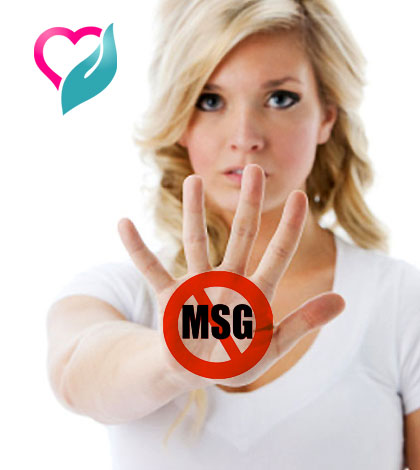Monosodium glutamate (MSG) is used in nearly all foods as a preservative or flavor enhancer. A toxic food additive, MSG, creates a wide constellation of symptoms forcing victims to seek relief from side effects and allergic reactions.
[wp_ad_camp_1]
Minute amounts of MSG are found in everything that is processed, even vegetables and organic milk. These relatively benign quantities are activated by heating during processing, and become noxious, and in some cases poisonous; causing dangerous health reactions when consumed.
The following are some of the symptoms you may develop from eating food laced with MSG: Headaches, numbness, dizziness, burning sensations in the neck and chest, tingling, nausea, palpitations, elevated blood pressure, difficulty breathing, panic attacks, sleepiness, depression, weakness, facial pressure and tightness, confusion, chest pain, cognitive disorder, and food cravings, etc.
[wp_ad_camp_4]
MSG can produce life-threatening allergic reactions including hives, swelling of the face, tongue and throat preventing breathing, and causing anaphylaxis. This condition requires immediate medical attention.
Learn the alternate names for monosodium glutamate and read labels when shopping. Unless it is specifically said MSG-free, assume everything processed contains it in some form.
At restaurants, ask to prepare your dishes without MSG. Avoid fast foods, as most of them use MSG in their fries and drinks to enhance the flavor and to get you addicted to their foods.
Study finds that long-term use of MSG can cause weight gain, brain damage, liver inflammation and dysplasia, Alzheimer's disease, Parkinson's disease, liver and intestinal problems, mental confusion, chest pain and/or heart palpitations, sexual health problems like reduced testosterone, erectile dysfunction, reduced muscle mass, hair-loss in men, decreased estrogen, hot flashes, mood swings, cancer, and migraines. Consuming MSG causes swelling of the mucus membranes in the gastrointestinal tract.
The best way to avoid MSG is to avoid processed and packaged foods, pre-cooked soups, salad dressings, and sauces. Steer clear of restaurant foods, especially salad and hot bars. Most fermented foods such as soy sauce contain high levels of MSG. Skip Chinese and Asian food unless you make it yourself or know with absolute certainty that the restaurant doesn't use MSG.
Eat wisely to keep healthy!!
[wp_ad_camp_3]
Image courtesy: families.com , kinja-img.com , rikeinavi.jp























